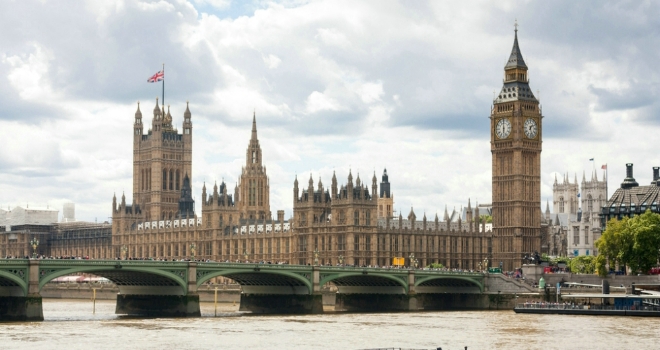
The main rate of corporation tax was cut from 28% in 2010 to 20%, and will be cut again to 17% by 2020, the lowest in the G20. Hammond said the move would benefit over 1 million businesses.
The Chancellor also announced that the transitional relief cap for business rates would be lowered from 45% to 43% next year, and from 50% to 32% he year after, and incresae the Rural Rate Relief to 100% to help businesses in rural areas.
He continued:
"My priority as Chancellor is to ensure that Britain remains the number one destination for business – creating the investment, the jobs and the prosperity to protect our long-term future.
I know how much business values certainty and stability, and so I confirm today that we will stick to the business tax roadmap we set out in March."
Genevieve Moore, Partner at accounting practice Blick Rothenberg, said:
“Businesses lead UK recovery, corporation tax cuts have encouraged businesses to the UK. This has to continue.
“Corporation tax rates will fall to 17% as planned, but no shock announcement on further cuts, despite May’s comments earlier in the week and President Trump’s plans to reduce US tax to 15%,” she added.
However, some have warned that this commitment to lower corporation tax is not enough to ease businesses' concerns.
Richard Le Tocq, Head of Locate Guernsey, an organisation that facilitates the relocation of individuals and businesses to Guernsey, remarked:
“Despite the Chancellor’s best efforts, the Autumn Statement has done little to allay the concerns of the business community. Whilst the cut in Corporation Tax will be welcomed, there remains a great number of underlying issues that remain unaddressed.
“During this period of economic and political instability, businesses are still eagerly awaiting clarity regarding their role in the fractious post-Brexit economy. In the absence of any adequate reassurance however, the business community will be considering its options."





